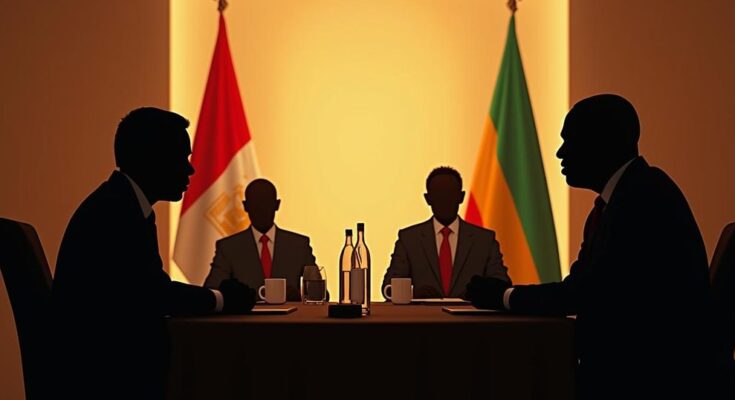A recent meeting of Brics foreign ministers in New York failed to produce a joint statement for the first time, illustrating deep divisions following the group’s expansion. New members hesitated to support India’s, Brazil’s, and South Africa’s ambitions for permanent UN Security Council seats, underscoring the challenges in forging consensus. The outcome poses questions regarding the unity and effectiveness of Brics in global policymaking.
A recent gathering of Brics foreign ministers in New York marked a significant impasse for the coalition, culminating in the absence of a joint statement for the first time since its inception. The meeting, held on the fringes of the United Nations General Assembly, was anticipated to generate a comprehensive 52-paragraph communiqué addressing various critical topics such as the Middle Eastern conflict, initiatives for a common currency, and preliminary discussions regarding the inclusion of additional member countries in the group, which is scheduled to meet in Kazan, Russia, in October. Contrary to expectations, the meeting concluded in deadlock, as reported by the Brazilian news portal UOL. The discord has been attributed to tensions among newly inducted members regarding support for the permanent seat aspirations of India, Brazil, and South Africa within the United Nations Security Council — a stipulation laid down by Indian and Brazilian diplomats during last year’s discussions about the group’s enlargement. The failure to reach a consensus illustrates the complexities and challenges faced by Brics, particularly following the recent inclusions of new member states, which has evidently strained the ability of the bloc to present a united front on global governance issues.
The Brics group, composed of major emerging economies, has been on a trajectory of expansion, particularly with the recent inclusion of new members last year. This enlargement was intended to enhance the collective influence of Brics in global governance, particularly on matters such as representation in international bodies like the United Nations. However, this expansion has led to unexpected challenges, as evidenced in the recent ministerial meeting where agreement among members proved elusive. The contemporary geopolitical landscape necessitates a cohesive stance within such coalitions, especially as they maneuver for increased representation and power in international forums. The stakes are particularly high for India, Brazil, and South Africa, who are seeking permanent positions on the UN Security Council.
The impasse observed during the Brics foreign ministers’ meeting highlights significant challenges within the coalition amidst its recent expansion. The inability to produce a joint statement reveals underlying tensions among members, particularly regarding support for the aspirations of India, Brazil, and South Africa for enhanced representation in global governance. As Brics continues to navigate its expansion and the complexities that accompany it, the forthcoming summit in Kazan will be crucial for determining the future trajectory and effectiveness of the group in international relations.
Original Source: www.scmp.com




